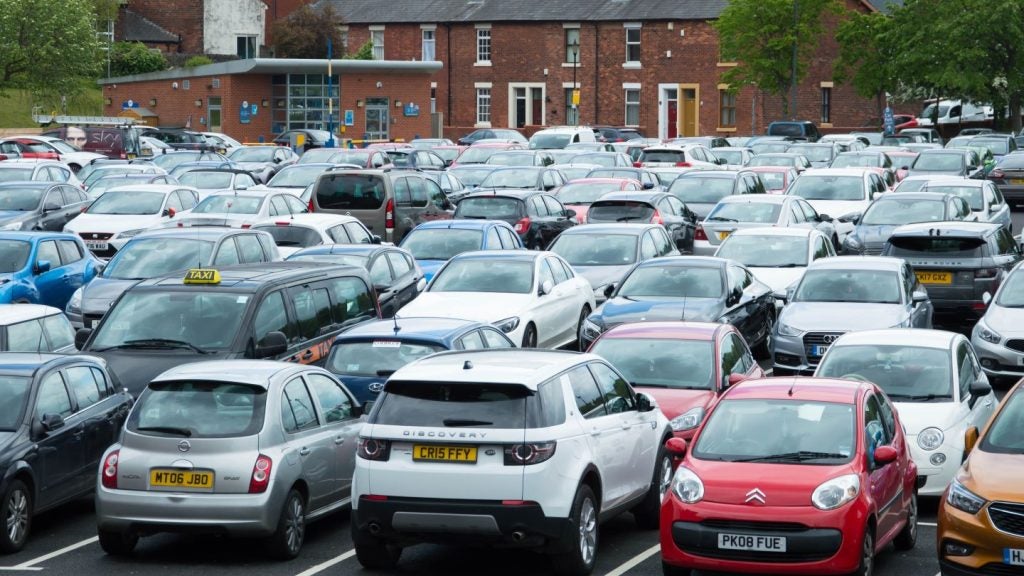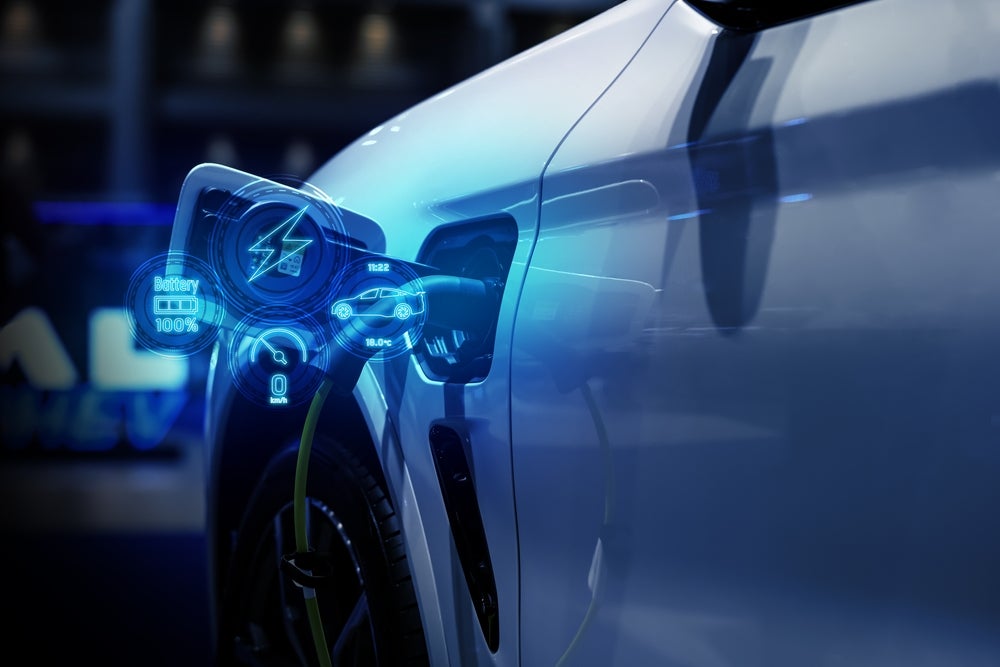Vast majority of SME fleets buy vehicles outright and dispose of assets privately, a new study by RAM Tracking has revealed.
RAM Tracking’s Vehicle Buying Survey 2022 shows that 41% of fleets defy fleet conventions and purchase vehicles outright.
Funding vehicles via a leasing company is the second most popular method, which is followed by a Business Contract Purchase.
When businesses buy vehicles outright, they risk tying a lot of capital into the assets over a long period.
They are also exposed to the possibility of not getting the best value because lessors offer a competitive service for a fixed monthly payment.
Selling vehicles privately is also equally resource and time intensive, said RAM Tracking, which provides vehicle tracking and fleet management services in the UK.

US Tariffs are shifting - will you react or anticipate?
Don’t let policy changes catch you off guard. Stay proactive with real-time data and expert analysis.
By GlobalDataThe report shows that part-exchange for a new motor is the second most preferred method of disposing of vehicles.
About 56% of the respondents said they buy new vehicles for their fleet, 25% said they only buy second-hand vehicles and the remaining 19% buy both new and used vehicles.
As the inflation surges, 60% of the businesses surveyed said they have no plans of changing or expanding their fleets this year.
RAM Tracking managing director Nick McClellan said: “With costs rising significantly, it is not surprising that many fleets are electing not to upgrade their vehicles this year, however, it comes as a surprise that the most popular method of acquiring vehicles is via outright purchase.
“With the financial pressure that many SMEs are likely to be experiencing, it is likely that products which remove the residual value risk and provide a comprehensive vehicle package for a fixed monthly cost will have considerable appeal, so it will be interesting to see if businesses move towards leasing in the 2023 edition of our survey.”
Earlier this month, the Association of Fleet Professionals (AFP) said that the new car supply situation for some fleets is worsening.







